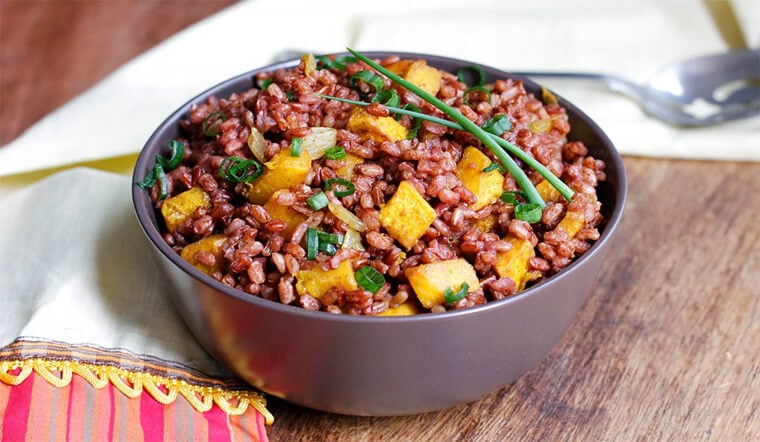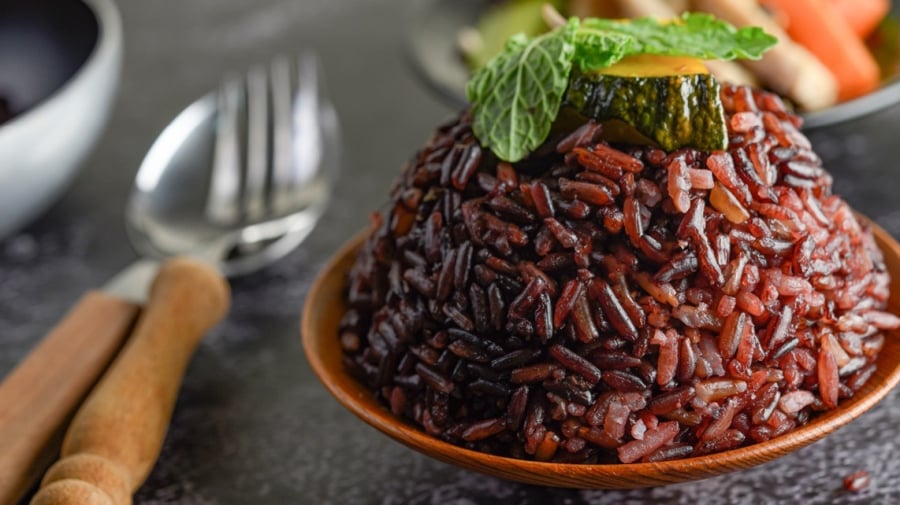Overconsuming Brown Rice
While brown rice is nutrient-dense and packed with fiber, overeating it can lead to digestive issues such as bloating, indigestion, and even constipation, especially for those with sensitive digestion. Additionally, brown rice contains phytate, an anti-nutrient that can reduce the absorption of minerals like iron, zinc, and calcium when consumed in excess.
Solution: Limit brown rice consumption to 2-3 times a week, pairing it with other foods for nutritional balance. A reasonable portion is around 50-100g of brown rice per meal.

Not Soaking Brown Rice Before Cooking
Brown rice has an outer layer of bran that is rich in fiber and phytate. If the rice is not soaked before cooking, this bran layer can make the rice difficult to cook thoroughly, leading to digestion issues and reduced nutrient absorption.
Solution: Soak brown rice in warm water for 6-8 hours or overnight before cooking. This helps soften the grains, reduce phytate, and improve nutrient absorption.
Completely Substituting White Rice with Brown Rice
Many people believe that brown rice is superior and opt to replace all white rice with it. However, brown rice takes longer to digest and can put a strain on the digestive system if consumed continuously, especially for the elderly, children, or those with stomach issues.
Solution: Combine brown and white rice in a suitable ratio, such as 1:1, to ensure you get the benefits of brown rice while maintaining digestibility.

Using Brown Rice of Unknown Origin
Low-quality brown rice or rice contaminated with chemicals and mold can be harmful to health. Some poorly stored brown rice varieties may contain aflatoxin, a toxin that poses a risk to the liver.
Solution: Purchase brown rice from reputable brands, carefully checking the origin and expiration date. Store rice in a cool, dry place to prevent mold.
Eating Brown Rice for Weight Loss Without Portion Control
Many people mistakenly believe that brown rice has fewer calories than white rice and eat it unrestricted to lose weight. In reality, brown rice has a similar calorie count to white rice (around 110-130 kcal/100g). Overeating it can still lead to weight gain.
Solution: Practice portion control and combine brown rice with a healthy diet and exercise regimen for effective weight loss.
Not Suitable for Certain Individuals
Brown rice may not be suitable for everyone, especially those with kidney disease, anemia, or a weak digestive system. The high fiber and phytate content in brown rice can pose challenges for these individuals.
Solution: Consult a doctor or dietitian before incorporating brown rice into your diet, especially if you have specific health concerns.



































